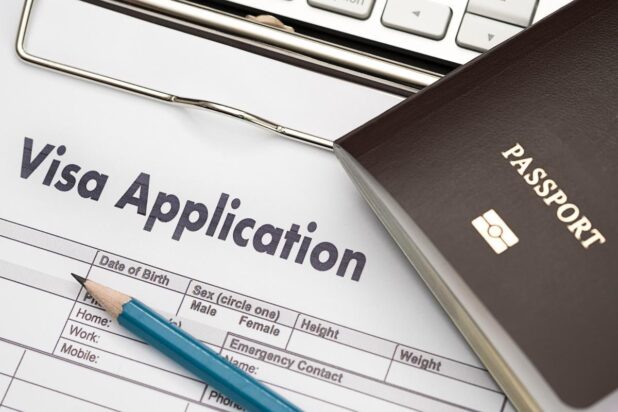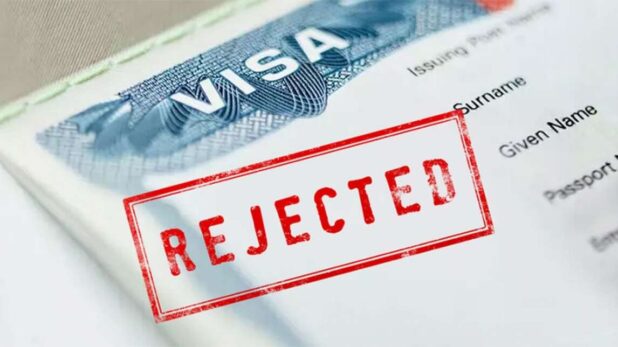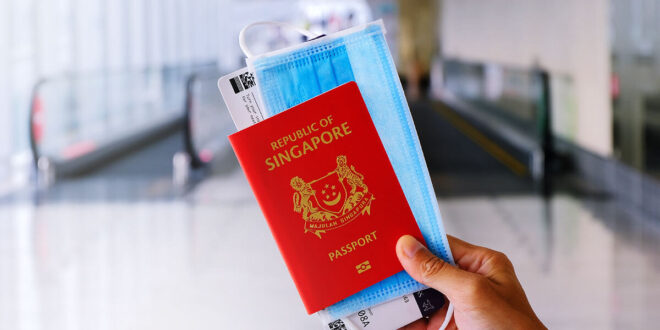Moving to Singapore for work, family, or studies often requires more than a short-term visit pass. The city-state has a structured system of long-term passes and visas, each tailored to different circumstances. Understanding which pass you need, how to apply, and what to prepare can make the difference between a smooth process and a frustrating one.
This guide walks you through the essentials: types of long-term passes, eligibility, documents, and application procedures, so you know exactly what to expect before making the move.
Table of Contents
Understanding the Different Long-Term Passes
Singapore categorizes passes by the reason for staying. These are the main types:
- Employment Pass (EP) & S Pass – For professionals, executives, and mid-skilled workers.
- Dependant’s Pass (DP) – For spouses and children of valid work pass holders.
- Long-Term Visit Pass (LTVP) – For common-law spouses, stepchildren, or parents of EP/PR holders.
- Student Pass – For foreigners studying at Singapore’s approved institutions.
- Permanent Residence (PR) – A pathway for those intending to settle long-term.
Each has unique eligibility rules, and choosing the right one from the beginning saves time. For instance, a spouse of an EP holder typically applies for a Dependant’s Pass, not an LTVP, unless marriage status doesn’t meet the standard criteria.
Preparing for Your Application

The bulk of work lies in documentation. Singapore authorities are meticulous, and incomplete submissions often result in rejections or lengthy delays. At a minimum, you’ll need:
- Valid passport with at least 6 months’ validity.
- Recent passport-size photograph (ICA has strict guidelines).
- Proof of relationship (marriage or birth certificates).
- Employment contract or sponsorship letter (if applicable).
- Income documents, such as pay slips or tax returns, for sponsors.
Many applicants find it practical to live near or within serviced residences while waiting for approvals. Locations like Penrith are popular among expatriates because they provide both convenience and access to Singapore’s central areas. Having a temporary yet stable base gives applicants peace of mind while managing paperwork.
Where and How to Apply
The following table outlines the main pass types, their typical purpose, who qualifies, and where to apply. It helps you quickly determine which one suits your situation best:
|
Pass Type |
Purpose / Best For |
Key Eligibility Criteria |
Application Platform |
| Employment Pass (EP) | Professionals, executives, managers | Job offer in Singapore; minimum qualifying salary (varies by sector) | MOM EP Online |
| S Pass | Mid-skilled workers | Job offer with salary threshold; diploma/technical skills | MOM EP Online |
| Dependant’s Pass (DP) | Spouses and children of EP or S Pass holders | Valid marriage or parent–child relationship; main pass holder must meet income threshold | MOM (via employer/sponsor) |
| Long-Term Visit Pass (LTVP) | Common-law spouse, stepchildren, parents of pass holders or Singaporeans | Relationship proof; sponsor’s financial ability | ICA e-Service |
| Student Pass | Foreigners studying in Singapore | Acceptance into an approved institution | ICA SOLAR+ |
| Permanent Residence (PR) | Those intending to settle long-term | Stable employment, family ties, contributions to Singapore society | ICA PR Application Portal |
This table gives a snapshot, but applicants should always verify the latest criteria with MOM or ICA, since eligibility rules can change over time.
- The MOM online portal is where employers and employment agents submit applications for Employment Passes (EP), S Passes, and Dependants’ Passes tied to work. It is not designed for individuals to apply on their own — your sponsoring company usually does this on your behalf.
- Immigration & Checkpoints Authority (ICA) e-Service covers applications such as the Long-Term Visit Pass (LTVP), Student Pass (in certain cases), and even Permanent Residence (PR). The e-Service allows applicants or sponsors (like a Singapore citizen spouse) to:
- Fill in online forms
- Upload supporting documents in ICA’s required formats
- Book appointments for biometric collection or document verification
- Track status updates without having to visit ICA in person
- Student’s Pass Online Application & Registration (SOLAR+) – For foreign students accepted into Singapore institutions, applications are made through the SOLAR+ platform. Schools register admitted students in the system first, after which the student logs in with their assigned reference number.
Approval Timelines and Fees

Processing times vary by pass type:
- Employment pass: 3–8 weeks.
- Dependant’s pass / LTVP: 4–6 weeks.
- Student pass: Around 2–4 weeks, depending on intake periods.
- PR: 6 months to over a year.
Fees are generally modest, between S$30–S$225, excluding issuance fees. Applicants should always double-check the latest updates on the MOM or ICA websites, as fees and timelines may shift.
Many long-term applicants move with family and require stable housing even before final approvals. Residential communities such as Skye at Holland attract professionals and their families who want proximity to schools, lifestyle amenities, and easy MRT access.
For families, this period often sets the tone for long-term living in Singapore, so choosing the right location matters.
Renewal and Extensions
Passes are not indefinite; they come with validity periods, usually 1–3 years. Renewal processes often require:
- Updated employment or income proof.
- Continued proof of relationship (for dependants).
- Health checks are required in some cases, especially for Student Pass renewals.
Renewals should be submitted at least 6 weeks before expiry to avoid overstaying. Singapore takes immigration compliance seriously, and overstays can lead to bans on re-entry.
Common Reasons for Rejection

Even well-prepared applications sometimes fail. The most common reasons include:
- Insufficient income of the sponsor.
- Missing or incorrectly translated documents.
- Mismatched details between submitted documents and application forms.
- Applying for the wrong pass type.
Applicants can appeal within a stipulated period, but providing new supporting evidence is usually required.
Conclusion
Applying for long-term passes and visas in Singapore is a structured process that rewards preparation and accuracy. By choosing the right pass, preparing the correct documents, and planning living arrangements during the application, you set yourself up for a smooth transition into Singapore life.
The journey might feel administrative, but it is also a gateway to one of Asia’s most stable, well-connected, and opportunity-rich countries. Whether your goal is work, study, or family life, knowing the steps upfront makes the experience far less daunting.
 World Magazine 2024
World Magazine 2024






